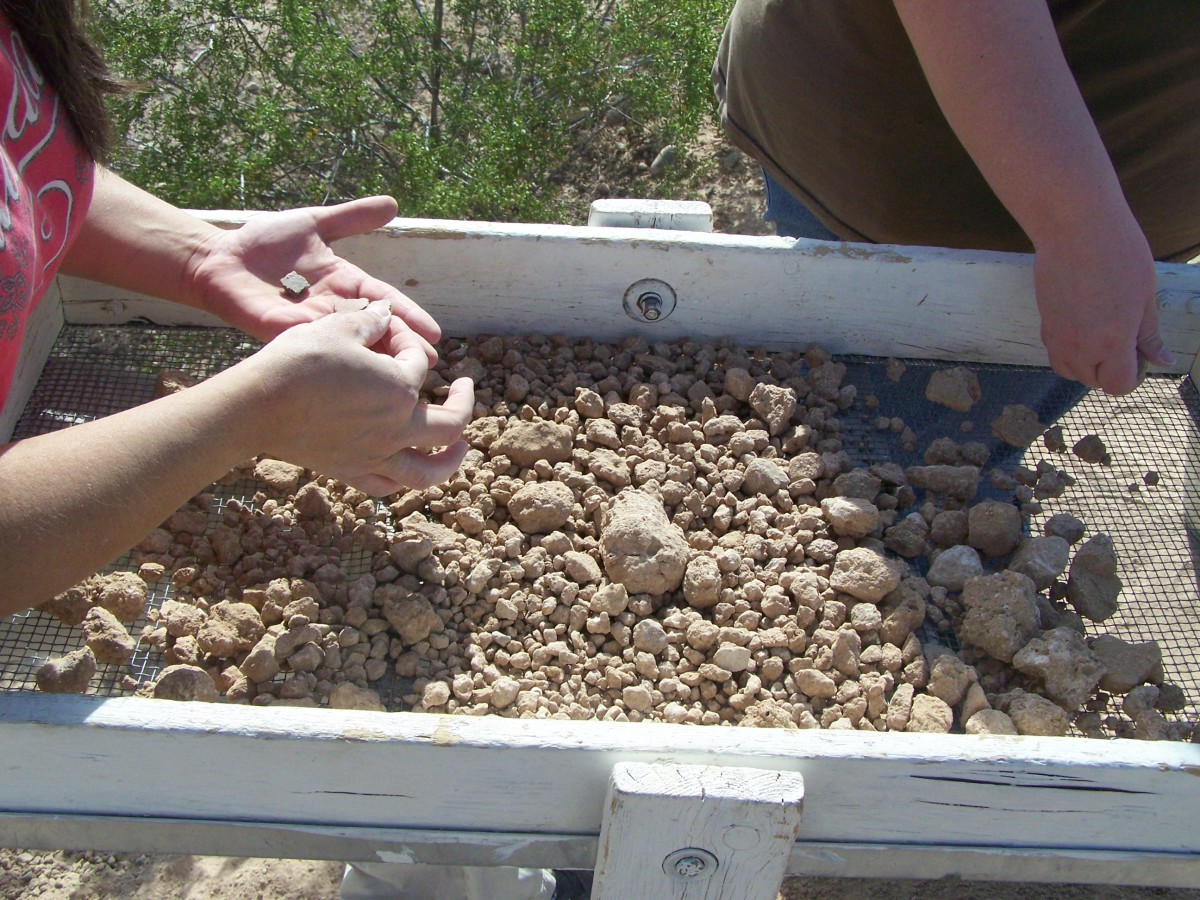How to Choose Right Laboratory for PhD & Postdoctoral Position
Employers in academia use several criteria to evaluate the right candidates for PhD and postdoctoral positions in their laboratories. They will go through your educational records, experience, reference letters and so on before employing. I would like to suggest that, You should also assess the laboratory’s work, Principal Investigator (PI), lab facility, group members and environment before deciding to join that lab. This consideration is very important as it influences your career as a research scientist. Sometimes the lab’s principal investigator may not be of your liking; the environment may not be very congenial to conduct research of your interest; the lab PI may have the tendency to delay publishing the data; and more importantly, the lab environment may not be encouraging in terms of career growth.
I know few labs hire postdocs just to work as technicians for their projects. This type of positions will definitely hold back your dreams of becoming a successful scientist. Another reason, if you want to change your research job at some stage, you have to look for a position related to the identical field. If you have not published any work and have not received proper training, then chances of finding new jobs in the same field is very depressing. On the other hand, if you opt for a new area of research, you have to start your work from the scratch in the new field. Additionally, it takes several months to publish a report in any new field. All these will waste your precious time and hinders your career growth. The reason is not selecting the lab of your interest. Therefore, invest more time on researching an appropriate research field and lab that best suits your need. This hub gives you some tips on how to find and choose suitable lab.
It all depends on why you want to do PhD & postdoctoral work
Finding right lab depends on what you want to achieve in next few years of your career. For example, you may be interested to work in the hot topics related to your field. Some of you may want to continue your research work in the same area of your PhD or present postdoctoral work. Others may want to focus to up-date their technical skills in the field. Few of them might be concerned fully to change their current research field. Alternatively, you may just need a research job. You should have a clear goal before starting to look for research positions.
How to find information about the laboratory that you wish to work?
The best way is to go through the publications of respective labs. Do some research to make sure whether the work they are performing is related to what you are looking for. The quality of the research work can be weighed by finding out in what journal they publish. The lab productivity can be assessed by the number of paper they publish per annum. You can also find additional information from the publications, such as the techniques they use to investigate a hypothesis; how they have analyzed and discussed the problem; how many authors are involved in a publication; whether it is a collaborative work (authors will be from different labs); if the work from that lab has been widely cited, and how the lab’s work is supported (funding or grant information). For example, if the Principal Investigator of the lab has several grants, then you can think of working in that lab for long years.
Another way to gather information about a lab is by going through their web page. It provides brief information about the personnel working in the lab and other scientific activities. For instance, you can find about number of technicians, doctoral and postdoctoral fellows working in the group. How many papers each of the postdoctoral fellows have published. Additionally, you may come to know whether the lab organizes regular lab meetings. This kind of information will aid you to identify the lab environment.
Further, you will get a last chance to decide to join or not a particular lab at the time of a personal interview. When you visit a lab for a face-to-face interview you will find an opportunity to meet individual members of the lab. You can talk about the work they are doing; are they happy in the lab; how long they have been working; their relationship with the supervisor and senior members of the lab; and any current or previous members in the lab have made it up to the faculty position. This type of info will give you some tips about your future career growth.
Additional tips
I know it is not easy to find several advantages in any one lab. However, don’t get discouraged if you are unsuccessful in finding a right lab for the first time. You can refine your search by looking back to accomplish in your next position. Success in research career is like an experiment. A couple of times it may fail, but with strong desire and persistent efforts you can achieve it.
Good Luck!
Scroll down and vote your opinion, if this hub has served you with some useful tips.
- Researcher and Scientific Conferences
The attendance and presentation of your research work in scientific meetings is one way to develop your career as scientist. This hub will give you some insights to how a researcher can benefit from such scientific conferences. - Tips to Prepare for Science Journal Club
A journal club is an educational group meeting. The members of the group will present and discuss the research articles from their respective field. As a science student, you will have several advantages by participating in a journal club. This hub w








